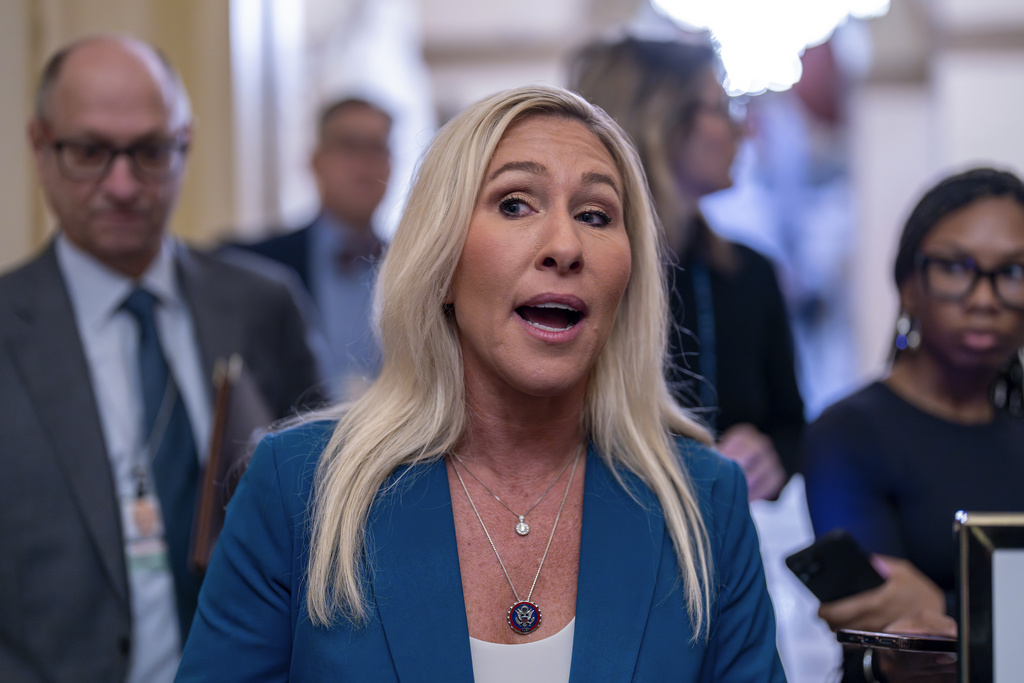Congresswoman Marjorie Taylor Greene recently vocalized her stance on the issue of morality and attire. She made headlines with her perspective, specifically targeting women’s influence on men within Christian communities. Her controversial views have sparked discussions across the nation, as she urges women to adopt modesty to avoid leading Christian men into temptation.
Greene’s remarks align with traditionalist views, echoing sentiments that have been part of religious and cultural discourses for centuries. Central to her argument is the idea that women hold significant power through their choice of clothing. This perceived power, according to Greene, can become a source of moral conflict for men who adhere to Christian values.
Critics argue that Greene’s comments shift responsibility onto women and support an outdated narrative that could contribute to victim-blaming and the objectification of women. This focus on women’s attire instead of addressing broader issues of character and self-control in men has raised concerns among feminists and many within the Christian community.
Greene’s supporters, on the other hand, believe that her message is misunderstood and that it brings important issues to light. They maintain that her call for modesty is not about subjugating women but rather about promoting a standard of decency and respect within society. They also emphasize the importance of upholding values they believe are central to Christian teachings.
The conversation around this topic traverses the delicate balance between personal freedoms and communal ethical standards. It brings to the forefront the debate over where the line should be drawn between individual expression and societal expectations. The reactions to Greene’s statements serve as a catalyst for ongoing dialogues about gender dynamics and morality in contemporary America.
The controversy surrounding Marjorie Taylor Greene’s proposal for women to exercise modesty to protect the virtue of Christian men illustrates the complex intersection between religion, gender roles, and societal norms. While some view her comments as a call to traditional values, others see them as restrictive and regressive. As America grapples with evolving views on femininity and morality, Greene’s remarks shall remain a point of contention, prompting reflection and discussion from all sides of the political and social spectrum.

















